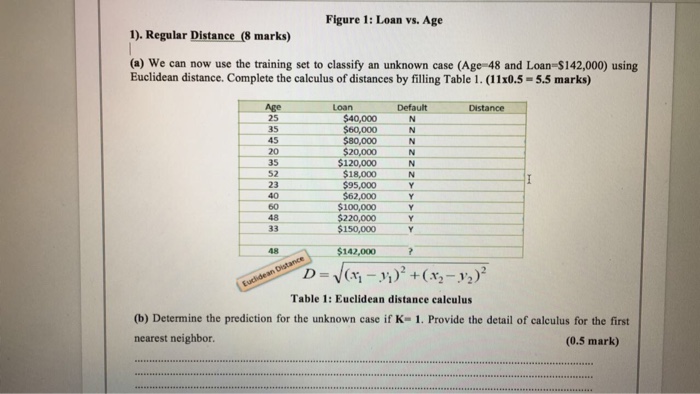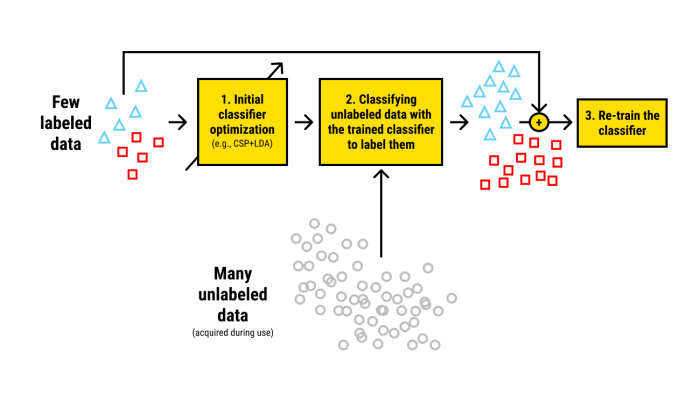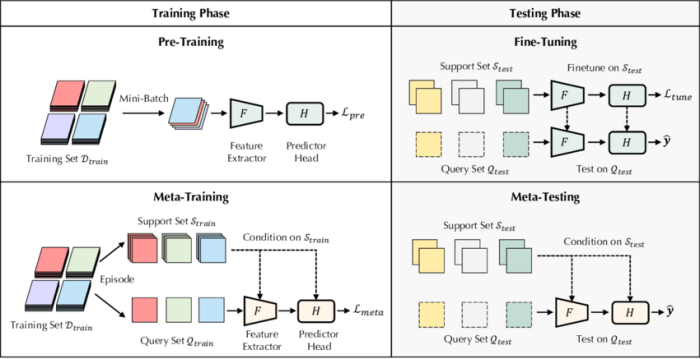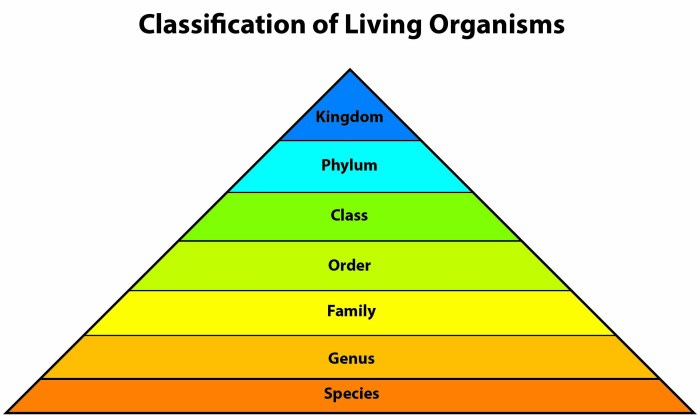Select all the correct responses. derivative classifiers must: – Select All Correct Responses: Derivative Classifiers Must: This discourse delves into the fundamental criteria and requirements that derivative classifiers must fulfill to achieve optimal performance. Derivative classifiers, a specialized type of machine learning algorithm, play a pivotal role in various domains, including finance, healthcare, and natural language processing.
Understanding the key characteristics and essential attributes of derivative classifiers is crucial for their effective implementation and successful application.
Derivative classifiers are designed to identify and classify data points based on their relationship to a base classifier. They leverage the knowledge and patterns learned by the base classifier to make predictions and classifications on new data. To ensure the reliability and accuracy of these predictions, derivative classifiers must adhere to specific criteria, including accuracy, efficiency, robustness, and scalability.
Derivative Classifiers: Select All The Correct Responses. Derivative Classifiers Must:

Derivative classifiers are a type of machine learning algorithm that is used to classify data based on its rate of change. They are commonly used in financial applications, such as predicting stock prices or forecasting economic trends.Derivative classifiers work by calculating the derivative of the data with respect to time.
The derivative is a measure of the rate of change of the data, and it can be used to identify patterns and trends in the data. Once the derivative has been calculated, the classifier can then be used to predict the future value of the data.There
are a number of different derivative classifiers that can be used, each with its own advantages and disadvantages. Some of the most common derivative classifiers include:*
-*Linear regression
Linear regression is a simple derivative classifier that assumes that the data follows a linear trend.
-
-*Polynomial regression
Polynomial regression is a more complex derivative classifier that assumes that the data follows a polynomial trend.
-*Exponential regression
Exponential regression is a derivative classifier that assumes that the data follows an exponential trend.
-*Logistic regression
Logistic regression is a derivative classifier that is used to classify data into two categories.
The choice of which derivative classifier to use depends on the nature of the data and the desired accuracy of the predictions.
Answers to Common Questions
What are the key characteristics of derivative classifiers?
Derivative classifiers are characterized by their ability to leverage the knowledge and patterns learned by a base classifier to make predictions and classifications on new data. They are designed to be accurate, efficient, robust, and scalable to meet the demands of various applications.
Why is accuracy important in derivative classifiers?
Accuracy is paramount in derivative classifiers as it directly impacts the reliability of their predictions. High accuracy ensures that the classifier can correctly identify and classify data points, leading to more informed decision-making and improved outcomes.
How does efficiency contribute to the effectiveness of derivative classifiers?
Efficiency is crucial for derivative classifiers, particularly in real-time applications where timely predictions are essential. Efficient classifiers can process data quickly and generate predictions without compromising accuracy, enabling their seamless integration into time-sensitive systems.


